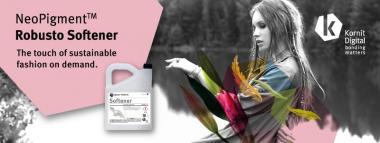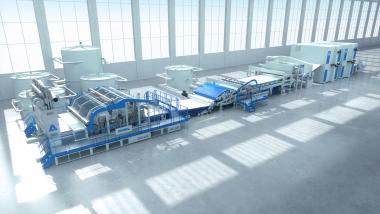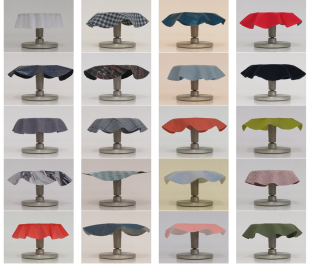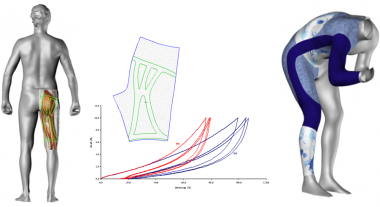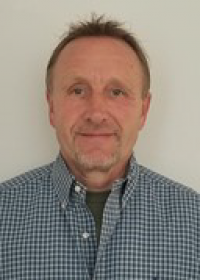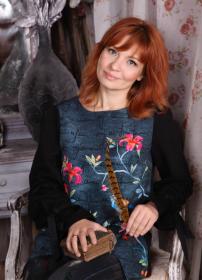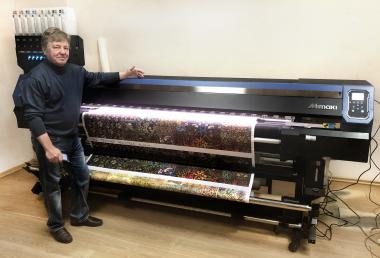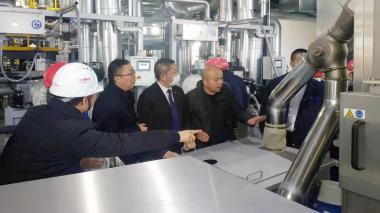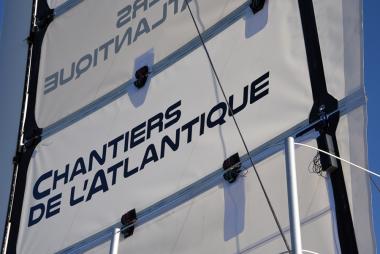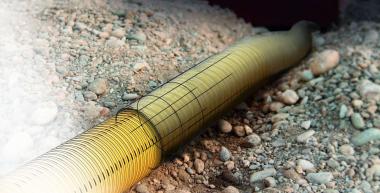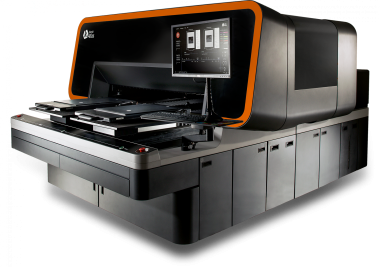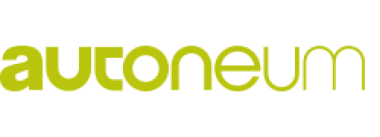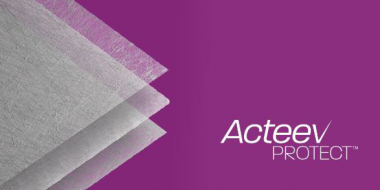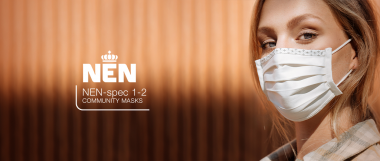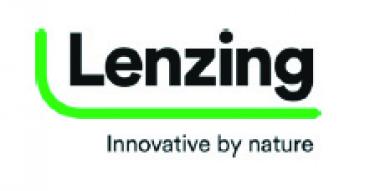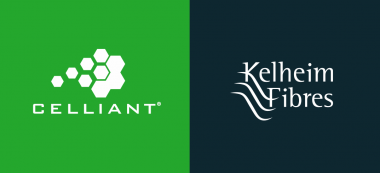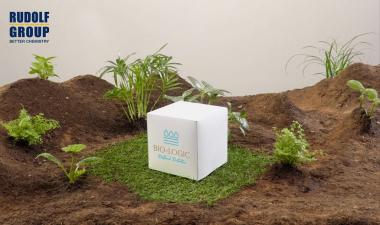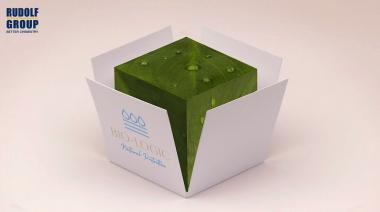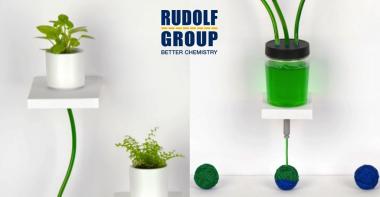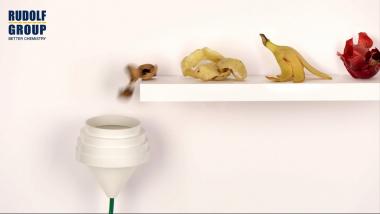Kornit Wins 2020 EDP Award for its NeoPigment™ Robusto Softener
Kornit Digital is named among 29 winners of the 2020 EDP Awards, presented by the European Digital Press Association (EDP). The company’s NeoPigment™ Robusto Softener solution, which ensures superior hand feel for substrates imprinted using the Kornit Presto system for roll-to-roll, direct-to-fabric digital production, was selected “Best Coating and Varnish” in the Consumables category.
Kornit’s Softener solution is applied seamlessly during the printing process. No additional time, labor, or equipment is needed, and most importantly, it is a sustainable solution carrying Eco Passport certification and GOTS verification.
“Kornit Presto with Softener is changing the game for on-demand production, making pigment-based digital print a serious contender for even the most demanding fashion houses,” says Chris Govier, KDEU Managing Director. “Kornit is proud to be recognized for its innovations, and we strive to continue exceeding the market’s demands for efficient, eco-friendly, profitable solutions regardless of the new trends and challenges facing the textile industry.”
pr4u


